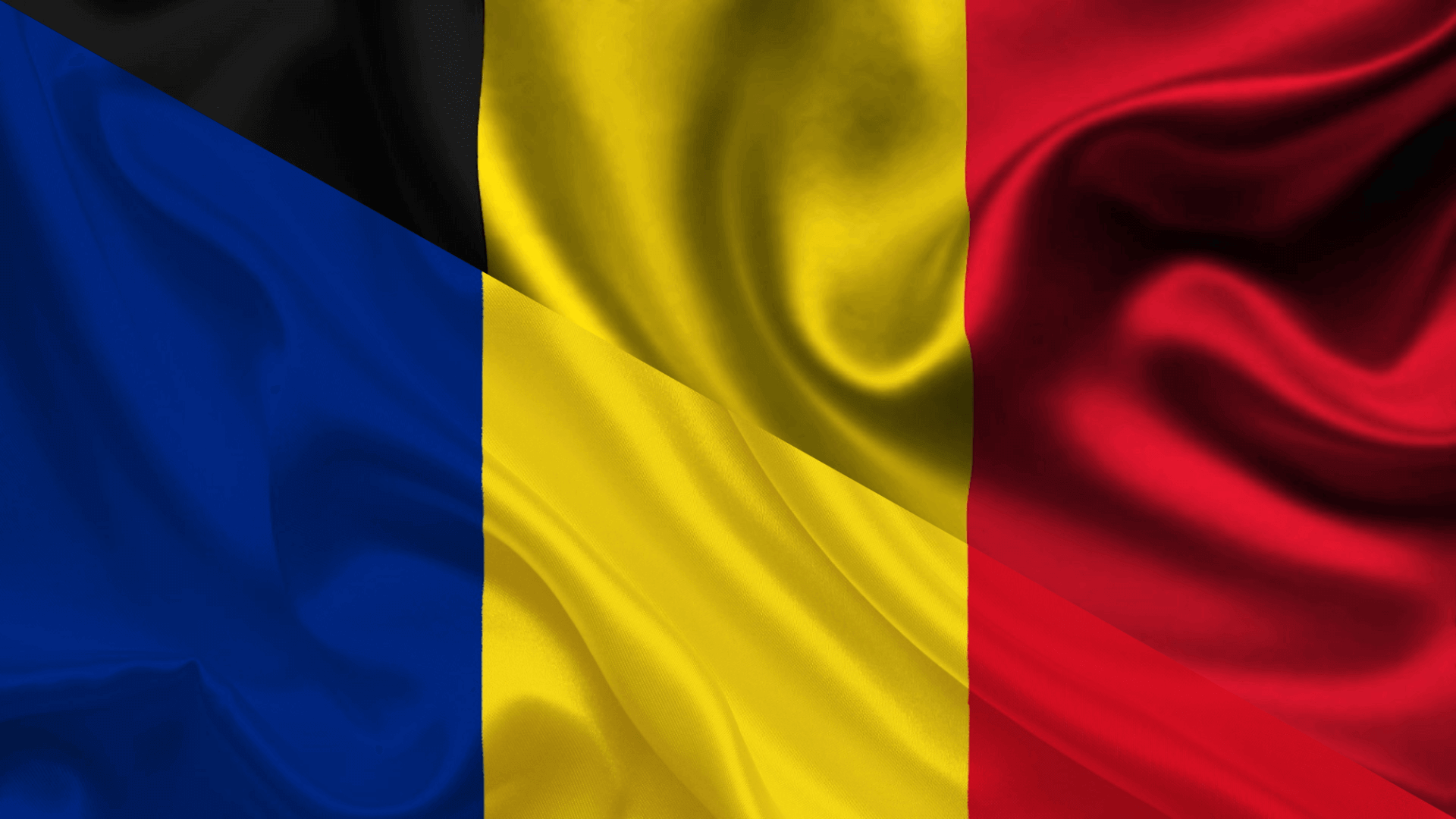
A Belgian in Romania
Name and Surname: Olga Henrard
Age: 21
Country: Belgium
Nationality: Belgian
City: Bastogne
SOMETHING ABOUT YOUR COUNTRY
1. Which is the form of government ruling in your country?
Belgium is a federal monarchy. Even if the king doesn’t have a lot of power, he is still the only one who can recognize the laws voted by the federal government.
Belgium’s political institutions are very complex because of the 3 national languages in the country : Dutch, French and German. The country is then divided in 3 regions and in 3 communities and each of them has also its own legislative and executive power. The regions are in charge for most of the territorial tasks and the communities for most of the tasks who concern directly the population (for example education).
A few months ago, we voted for a new federal government (voting is mandatory in Belgium). After the results, the parties had to make a coalition. That means that everybody had to make concessions. A few weeks ago they announced our new government. It’s a right-side government and the main party wants to split the country (the Flemish part is richer than the French part and politicians complain that Flemish people have to pay for the South). A lot of people are really worried about the bills they want to pass. People are striking in the streets because of their draft-bills.

King and Queen of Belgium
2. Do you believe corruption exists in your country? How much do you think it influences political life and your private life?
When I read this question it’s quite difficult for me to answer. Like in every country, there is corruption, but we don’t hear so much about that. I think that corruption is really hidden. After looking for some information about it, I can say that Belgium is quite a good student. It occupies the 20th position in matter of corruption among 189 countries (Transparency International Organization’s study). That’s good but when we compare it with other countries, even if corruption is not very present, it’s very hidden, nobody talks about that, nobody reports it.
3. Which is your national language? Do dialects exist in your country? If they do, are they used/known by young people?
There are 3 national languages in Belgium : Dutch, French and German. I speak French, but I studied Dutch at high school and now at the university. It is not mandatory in every high school and university, but depending on where you live and in which field you work, it is important to speak Dutch to find a job.
In the French part we had dialects but now only old people speak them. In the Flemish part also they have dialects and I think that in some regions they’re spoken by the younger generations too.
4.Who do you consider to be the cultural icon of your country?
Stromae of course, Jacques Brel, Hergé (the cartoonist who invented Tintin)…

Tintin
WHAT ABOUT EUROPE?
5. Do you consider yourself European?
Yes, I am a European citizen. I lived a few months in Italy, now I am in Erasmus in Romania and even if there are differences between Belgium and these two countries, there are also a lot a similitudes. A lot of values are similar. And I realized that even more when I went to Bolivia where culture and values are really different from ours.
6. Are you able to name a person that you consider symbolic for European culture? [For non-European people: do you perceive the existence of a “European culture”?]
I could not answer to this question. According to me, “in varietate concordia” is a good summary of what European culture is. It is a mix of cultures, with quite similar values and way of thinking but also with a lot of differences. Every country has its own celebrities, its own typical food, its own literature, and so on.
Belgium, corruption, Erasmus, Europe, featured, monarchy, Tintin